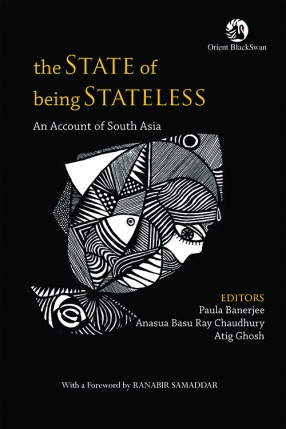
Showing all 6 books
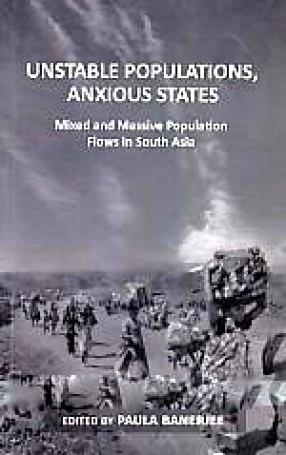
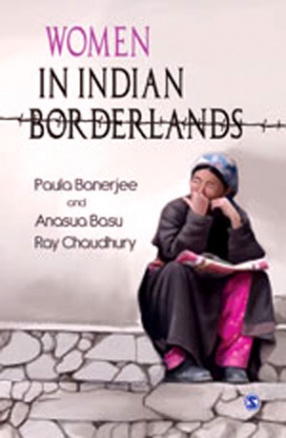

State lessness is defined as the quality of being without a state, a nationality, or even the protection that nationality should offer. Addressing the lacuna in literature on stateless people in post-colonial South Asia, this study brings together the lived experiences of diverse stateless groups within a comparative framework. Through research conducted across dissimilar groups in different geographical locations-India, Pakistan, Bangladesh, Sri Lanka, Nepal, ...

This book traces the history of Indo-US relations between 1947 and 1974. It argues that not everything in the United States changed with September 11, 2001; the guiding principles of American foreign policy have remained the same. It also shows that from the Indian side both antagonisms and partial alliance with the US that had led her progressively towards militarism remain the features of the Indian outlook.
The author emphasises that the Indo-US relations were ...

The result of a two-day dialogue on ‘Protection Strategies in South Asia’ organised by the Mahanirban Calcutta Research group, the volume has social scientists, media analysts and activists examining South Asian experiences with reference to massive displacement of population: the refugees, the internally displaced persons especially those belonging to religious and ethnic minorities, indigenous people and the Dalits and the urban poor. The ...

Women in Indian Borderlands is an ethnographic compilation on the complex interrelationship between gender and political borders in South Asia. The book focuses on the border regions of West Bengal, Jammu and Kashmir and Northeast India.The chapters in the book examine the stories of women whose lives are intertwined with borders, and who resist everyday violence in all its myriad forms. They show how most of the traditional efforts to make geopolitical regions ...
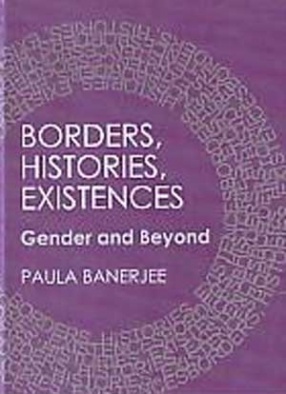
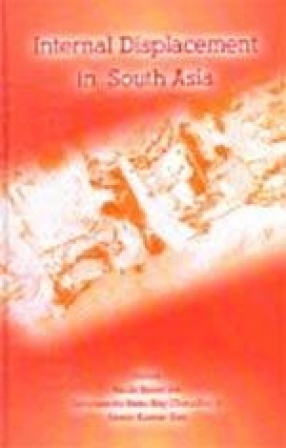
Recent decades have witnessed an enormous increase in the number of Internally Displaced People (IDPs) in South Asia. These are people who have been forcibly displaced due to violence, war, natural disasters or development projects. The vulnerability of IDPs is compounded because, unlike refugees, they are confined to the state within which they were forced to migrate, and do not get the international legal protection that international refugee laws provide for ...
